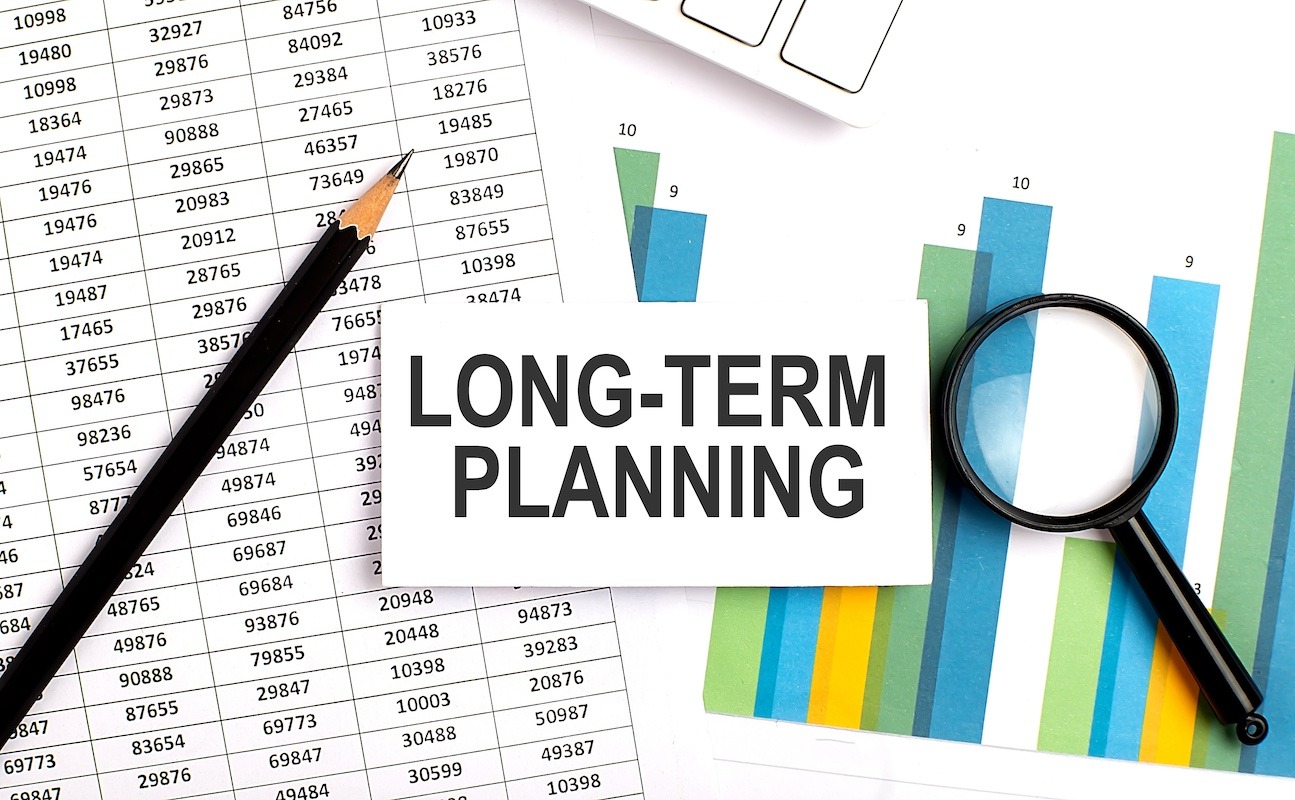

A Smarter Path to Long-Term Financial Planning with a Mortgage
Buying a home is one of the biggest financial steps in life. It often takes years of saving and preparation. While homeownership brings pride and stability, it also comes with long-term responsibility. Every monthly payment impacts your lifestyle, savings, and future goals. That’s why Long-Term Financial Planning with a Mortgage is so important. It’s not just about paying off a loan. It’s about building a secure life around that decision.
Why Long-Term Financial Planning with a Mortgage Matters
Let’s dive into why Long-Term Financial Planning with a Mortgage is so important. A mortgage is not just debt—it’s a commitment that spans decades. It touches every part of your financial plan, from emergency savings to retirement.
When done right, Long-Term Financial Planning with a Mortgage helps you reach your goals faster. It gives you control over your money, reduces stress, and builds wealth over time.
Align Your Mortgage with Life Goals
Start by reviewing your personal goals. Think about your career, family plans, and long-term lifestyle. Ask yourself questions like:
Will you stay in this home for 10+ years?
Do you plan to upgrade or downsize later?
Are you saving for college or starting a business?
All these answers shape your mortgage strategy. Long-Term Financial Planning with a Mortgage means making sure your loan doesn’t block your bigger dreams.
Choose the Right Mortgage Type
One key part of planning is choosing the right loan. Fixed-rate mortgages offer stability. Adjustable-rate loans may start lower, but can rise over time. Each option affects your future differently.
With Long-Term Financial Planning with a Mortgage, the goal is not just to afford your payment now. It’s to ensure you can manage it years from now too. Look at interest rates, loan terms, and monthly obligations. Then decide what best fits your future budget.
Keep a Healthy Emergency Fund
Many homeowners make the mistake of putting all their money into a down payment. While that helps reduce your loan size, it can leave you without a safety net.
One of the smart practices in Long-Term Financial Planning with a Mortgage is maintaining an emergency fund. Aim for 3–6 months of living expenses. This fund protects you in case of job loss, medical bills, or repairs.
Monitor and Adjust Your Budget
Over time, your expenses will change. Utility bills, taxes, and insurance may rise. That’s why you must review your budget regularly. Add future costs and income changes into your plan.
Long-Term Financial Planning with a Mortgage includes adjusting your spending habits to keep savings on track. Track spending, cut unnecessary costs, and stick to your financial goals. This ensures you stay ahead, not behind.
Use Mortgage to Build Equity and Wealth
Every mortgage payment builds equity in your home. That equity can grow over time, especially if property values rise. It becomes a powerful tool for future borrowing or selling.
A strong strategy in Long-Term Financial Planning with a Mortgage is using that equity wisely. You might refinance for lower rates or borrow against it for investment. But be cautious—overusing equity can backfire. Use it only when it supports your bigger goals.
Think Beyond Monthly Payments
Many homeowners focus only on the monthly payment. But there’s more to the story. Total interest paid over 30 years can double your original loan. That’s why paying extra each month helps.
Even small extra payments go a long way in Long-Term Financial Planning with a Mortgage. They reduce your interest and shorten the loan term. You save thousands over time. Make sure extra payments go toward principal, not just future interest.
Don’t Ignore Insurance and Taxes
Your mortgage payment often includes property tax and homeowners insurance. These amounts may increase yearly. If you don’t prepare, they can wreck your budget.
Smart Long-Term Financial Planning with a Mortgage accounts for these increases. Set money aside each year. Review your insurance policy annually. Shop for better rates when needed. Being proactive keeps you financially stable.
Plan for Retirement Early
Retirement may seem far off, but it ties directly into your mortgage. You want to avoid entering retirement with major debt. Ideally, your home should be paid off or close to it.
One goal of Long-Term Financial Planning with a Mortgage is becoming debt-free before retirement. If that’s not possible, create a plan to manage remaining payments. This may involve downsizing, refinancing, or increasing contributions now.
Work with Financial Experts
You don’t have to plan alone. Financial advisors, mortgage brokers, and tax professionals can guide you. They help align your home loan with your overall financial goals.
With Long-Term Financial Planning with a Mortgage, expert support can save you from costly mistakes. They offer tools, tips, and forecasts that improve your plan.
Final Thoughts
Buying a home is just the beginning. What you do after that—how you manage your mortgage—shapes your financial life. That’s why Long-Term Financial Planning with a Mortgage is essential for building lasting stability and reaching your future goals.
Planning ahead puts you in control. You can reduce stress, avoid debt traps, and build real wealth.
The journey of Long-Term Financial Planning with a Mortgage isn’t about big sacrifices. It’s about smart choices. It’s about staying flexible, reviewing goals, and using your mortgage as a tool—not a burden.
read more blogs




